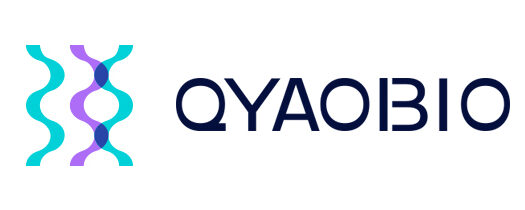Antioxidant Peptides
Antioxidant peptides are specific protein fragments with antioxidant activity that can be used as food ingredients in functional foods and nutraceuticals to regulate positively oxidative stress, prevent lipid and protein oxidation, thereby maintaining human health, food safety and quality. The majority of antioxidant peptides are small in size, contain 2 to 20 amino acid residues, and often high proportion of hydrophobic amino acids. It mainly inhibits oxidation reactions by inactivating reactive oxygen species, scavenging free radicals, chelating pro-oxidative transition metals and reducing hydroperoxides.
There are two types of antioxidant peptides: endogenous or exogenous peptides. Endogenous antioxidant peptides such as glutathione, carnosine; exogenous antioxidant peptides include synthetic antioxidants and natural peptides from food sources. More and more food proteins have been studied as suitable sources to obtain these antioxidant peptides, such as animals, plants, marine proteins and agricultural and sideline products. Traditional antioxidant peptides are produced through enzymatic hydrolysis, microbial fermentation and bioinformatics methods. Emerging development technologies mainly use extraction technologies with high hydrostatic pressure, microwaves and pulsed electric fields as pretreatment, combined with traditional methods to obtain higher yields and lower costs of antioxidant peptides.
Notice: All peptides are only for research purposes, Not for clinical use.
Antioxidant Peptides

- Name: Antioxidant peptide A
- Sequence: PHCKRM
- CAS Number: None
- Formula: C31H54N12O7S2
- Characteristics: None
- Reference: J.Ueda et al., Biochem. Mol. Biol. Int. , 33, 1041 (1994)
Call Us
+86(021)-50795728
+86(027)-60707970
